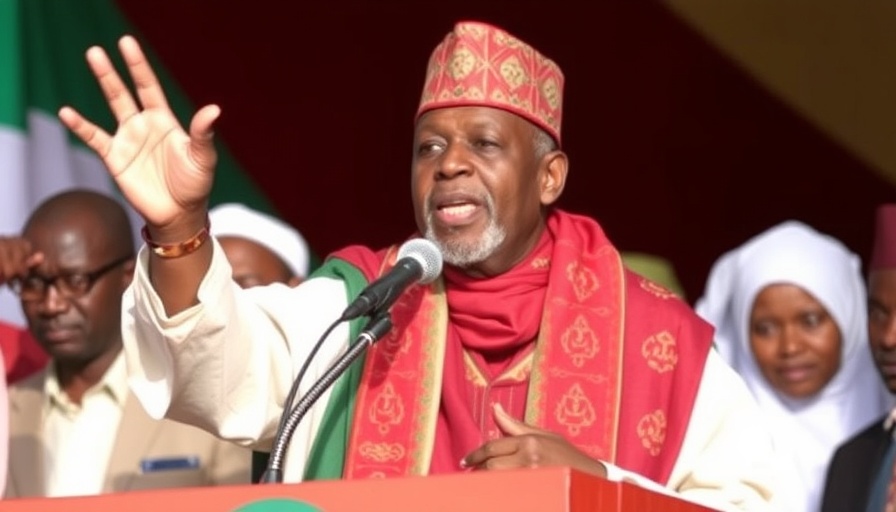
Addressing the Divisive Political Landscape in Somalia
As Somalia’s political landscape continues to shift, President Hassan Sheikh Mohamud's new party has emerged as a focal point of controversy. The recent developments surrounding this political entity have ignited passionate debates, particularly as Somalia struggles with the legacies of previous administrations and seeks a path toward stability. The introduction of Mohamud's party underscores the intricate dynamics of Somali politics, characterized by clan influences and the persistent challenges of governance.
The Economic Implications of Political Choices
Political maneuverings in Somalia, especially those led by influential figures like Mohamud, hold significant implications for the country's economic landscape. Fortune favors the bold, yet in a country rich with natural resources and potential, the specter of political instability can deter foreign investment and slow economic growth. Business leaders and investors must closely monitor these developments; the political climate can directly influence opportunities in trade and investment, critical elements for advancing the Somali economy on a global scale.
Public Sentiment and Civic Engagement
Public opinion surrounding Mohamud's party reflects a mix of cautious optimism and skepticism. Many citizens express hope for improved governance and enhanced foreign relations, given the strategic geopolitical importance of Somalia in the Horn of Africa. However, concerns over possible divisions and tribal politics remain prevalent. Engaging civil society in this political dialogue is crucial to ensure that the diverse voices of the population shape the emerging democratic process.
The Global Context of Somalia's Political Climate
In the broader context of Africa's place in international affairs, Somalia’s evolving governance landscape resonates with themes observed across the continent. Nations navigating political reforms must consider the growing interconnectedness of global trade and diplomacy. Challenges in governance, whether in Somalia or elsewhere in Africa, may affect geopolitical relations and economic collaborations, particularly with trade partners like China and the EU.
In summary, the developments surrounding President Mohamud’s party not only influence domestic policies but also resonate throughout the African continent, shaping relations and economic opportunities with global partners. Stakeholders must remain attentive to these dynamics as they impact Somalia's integration into the global economy.
 Add Row
Add Row  Add
Add 


 Add Row
Add Row  Add
Add 

Write A Comment